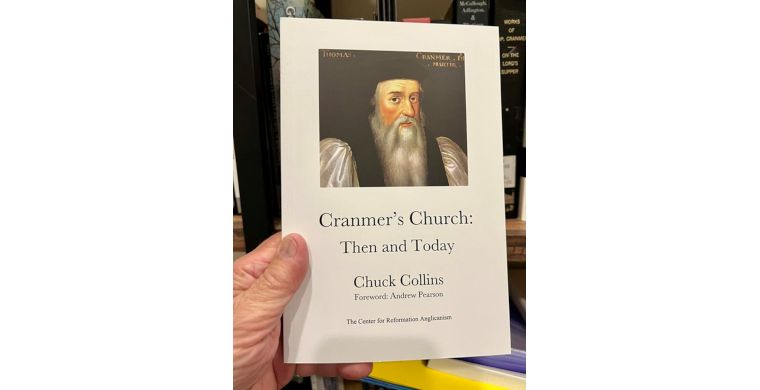The Timeless Book of Common Prayer
By Chuck Collins
www.virtueonline.org
April 17, 2024
The Book of Common Prayer, called "Archbishop Cranmer's Immortal Bequest," was approved by Parliament April 15, 1552. Cranmer wrote a provisional version for Anglican worship (1549), but the 1552 Book (which later became the 1662 Prayer Book with a few minor changes) was the best of Cranmer's theology and the crowning achievement of his life.
Liturgical scholar Dom Gregory Dix famously described the 1552 Communion Service as "the only effective attempt ever made to give liturgical expression to the doctrine of 'justification by faith alone.'"
It is impossible to overestimate the contributions of Thomas Cranmer for defining the theology and worship of the newly formed Church of England. He not only wrote the Book of Common Prayer, but he also wrote Anglican's confession (the Thirty-nine Articles of Religion), the Ordinal (ordination services for bishops, priests and deacons), and four of the first book of 12 Homilies.
Like many theologians at the time of the Reformation, Cranmer grew and evolved in his sacramental theology from Roman Catholic transubstantiation, with a brief stop into Lutheranism before ending with an essentially receptionist, reformed understanding. Cranmer believed in the "real presence" of Christ in the Eucharist in the highest sense.
He understood that Christ is spiritually present in Holy Communion, not in the bread and wine, but in the hearts and affections of those who receive the grace of the sacrament by faith. Every eucharist is a re-union on earth and in heaven with the One of whom St. Paul wrote: "For you have died and your life is hidden with Christ in God" (Col. 3:3).














